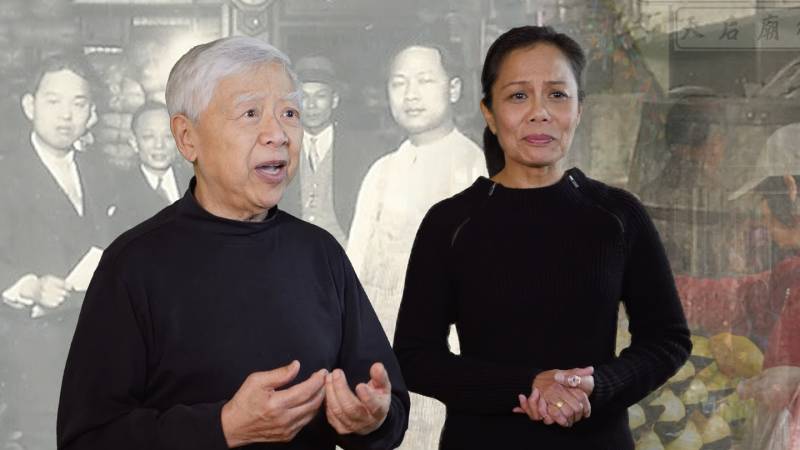As I was listening to Chris Rock take it to the nervous white liberals of Hollywood at this year’s Oscars, my mind drifted for a moment. I wondered if I could remember the last time an Asian actor was nominated for an Academy Award? At the time I could only come up with Haing S. Ngor, who won for The Killing Fields in 1984, although there have been a few others. It seemed strange that this type of cultural exclusion hasn’t become a hotter political issue, given how deeply rooted Asian culture — and especially Chinese culture — is in California.
Chinese Whispers is a company dedicated to keeping alive the rich and subtly dramatic history of Chinese immigrants, and in so doing, underscores the importance of the debate around cultural exclusion. On Thursday, I had the pleasure of attending the final dress rehearsal of the company’s latest production, Golden Gate, a multi-media ethnographic theater piece that opens Friday, Mar. 18 at San Francisco’s Fort Mason Center and runs through the weekend.
Director Rene Yung has gathered an impressive amount of material here, primarily from formal interviews and storytelling workshops held at the Chinatown YMCA in San Francisco. She’s taken that research and woven it into a work that slips back and forth in time, attempting to capture what it must have felt like for Chinese immigrants living in the Bay Area.
Performed by a company of nine storytellers, ranging in age from 32 to 84, we hear what feels like hundreds of private histories coming to life before us. They aren’t big stories, but rather the day-to-day lives of ordinary people. The characters struggle against harsh economic conditions and racist politics—most obviously the Chinese Exclusion Act of 1882 that attempted to cut off Chinese immigration in the U.S. and wasn’t repealed until 1943. But the emphasis is on how these particular people and their communities just went on about their lives.


